
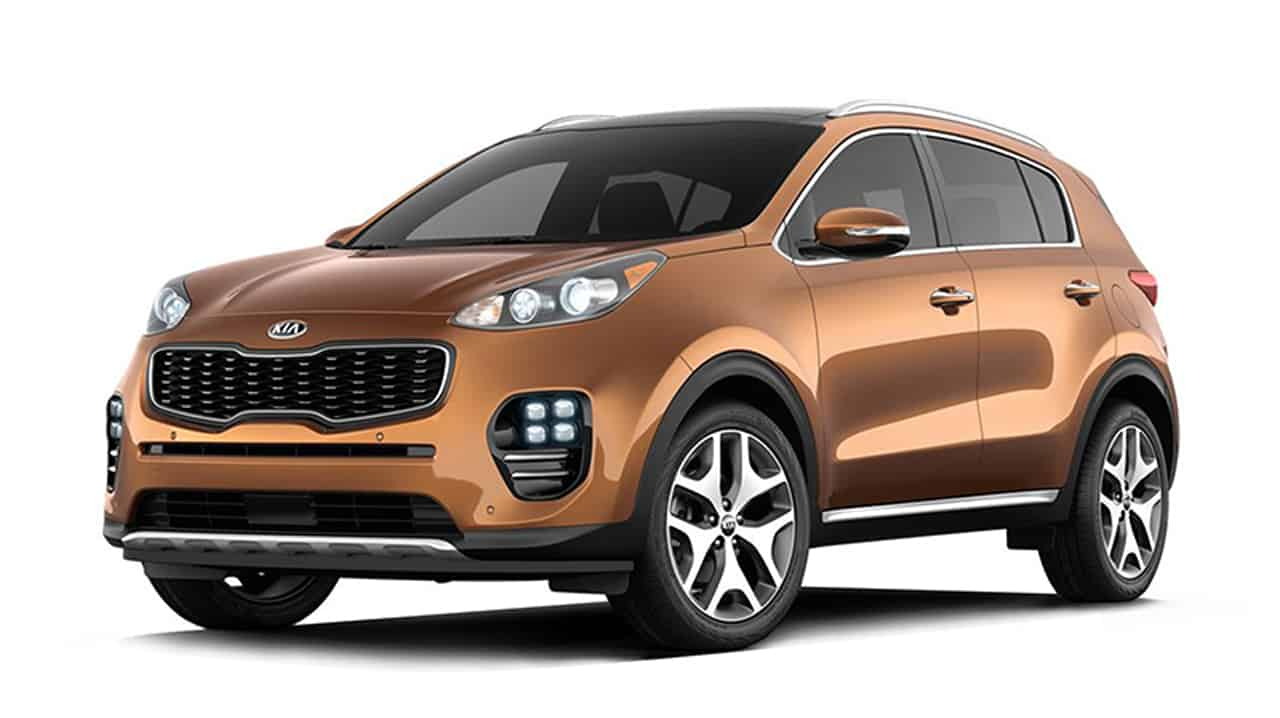
Nigeria’s Automobile Industry: Pioneers, Progress, and Potential
From heavy-duty trucks to sleek sedans, Nigeria’s automotive industry has been on an upward trajectory in recent years. Thanks to favorable government policies and entrepreneurial tenacity, the nation now boasts of several homegrown car manufacturers that are not only meeting local demand but also setting their sights on international markets.
In this article, we delve into the journey of some of these trailblazing manufacturers, exploring their products, their ambitions, and the impact they’re making in transforming Nigeria into a hub for automobile manufacturing.
A Brief History of Nigeria’s Automobile Industry
The history of Nigeria’s automobile industry can be traced back to the 1950s when the manufacturing of commercial trucks and passenger cars began in partnership with foreign manufacturers. Companies such as National Truck Manufacturers, Volkswagen of Nigeria Limited, and Peugeot Automobile Nigeria Limited were at the forefront of this manufacturing revolution.
However, the 1980s and 1990s saw a decline in the industry due to economic downturn and policy inconsistencies, leading to an influx of imported used cars, popularly known as “Tokunbo”. But the narrative began to change in 2013 when the federal government introduced a new automotive policy aimed at discouraging the importation of wholly assembled automobiles and encouraging local manufacturing. This policy led to the emergence of several local car manufacturers, thus marking a new chapter in the history of the Nigerian automobile industry.
Innoson Vehicle Manufacturing: Pioneering Indigenous Car Manufacturing
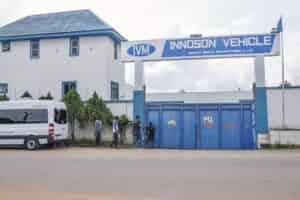
Innoson Vehicle Manufacturing http://www.innosonvehicles.com/ (IVM), established in 2007, is Nigeria’s first indigenous car manufacturing company. With its headquarters in Nnewi, Anambra State, IVM has risen to become a reputable brand in the Nigerian automotive industry.
IVM’s Range of Vehicles
IVM’s product line ranges from sedans to SUVs and buses. Among its models are the IVM Fox, a 1.5-litre engine five-seater, and the IVM Umu, a 2-litre engine also a five-seater. There’s also the IVM Uzo, a mini-bus model designed for public transportation.
One of IVM’s most popular models is the IVM G5, a fully air-conditioned 5-seater sports utility vehicle equipped with a 2.4-Litre, Four Cylinder Mitsubishi 4G69S4N Engine, Automatic or Manual Transmission, ABS + EBD, and SRS Airbags.
The company also produces a series of commuter buses, medical ambulances, and even waste disposal vehicles, further attesting to its versatility in meeting diverse market needs.
Nord Automobiles: Redefining Nigerian Auto Manufacturing
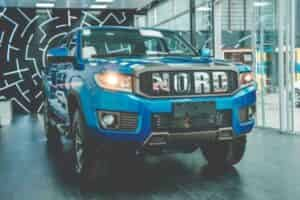
Nord Automobiles is another Nigerian automaker that is making significant strides in the industry. The Lagos-based company was established out of the need for a made-in-Nigeria car brand.
Nord’s Fleet of Vehicles
Nord’s fleet includes models like the Nord Max, a sturdy, rugged vehicle designed for heavy-duty operations, and the Nord Flit, a compact city car perfect for urban commuting. There’s also the Nord Aso, a robust truck designed for logistics, and the Nord Lasgi, an urban transit bus designed to accommodate a large number of passengers.
Hyundai Nigeria: International Brand, Local Assembly
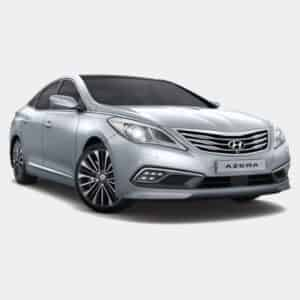
Hyundai is a well-known international brand that has also joined the trend of local assembly in Nigeria. Partnering with Lagos-based Globe Motors, Hyundai began the production of Made-in-Nigeria vehicles, including models like the Hyundai Grand i10 and the Hyundai Accent.
The Hyundai Grand i10, in particular, is a compact car packed with features often associated with luxury vehicles, making it an attractive choice for many Nigerians.
Peugeot Nigeria: A Legacy of Quality and Durability
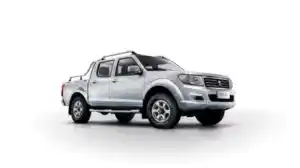
Peugeot has a long history in Nigeria, with the production of its cars dating back to the 1970s. Today, the brand continues to produce vehicles locally through Dangote Peugeot Automobiles Nigeria (DPAN), a joint venture involving the Kaduna State Government, Dangote Industries Limited, and PSA Groupe, the parent company of Peugeot.
The Peugeot 301 is one of the models produced locally, offering a compact yet spacious family sedan that combines safety, space, and storage – the essential elements of a family car.
Nissan Nigeria: Japanese Quality, Nigerian Assembly
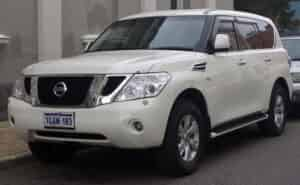
Nissan is another international brand that has tapped into the potentials of local assembly in Nigeria. In collaboration with Stallion Motors, Nissan began the production of locally assembled vehicles in 2014, with models including the Nissan Patrol, Nissan Almera, and the Nissan NP300.
Kia Nigeria: Affordable Luxury, Locally Produced
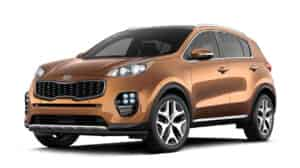
Kia Motors Nigeria, in collaboration with Dana Motors, produces locally assembled Kia vehicles, including the popular Kia Rio. This venture has made brand-new Kia vehicles more affordable for the average Nigerian, a significant boost for the local automobile industry.
The Future of Nigeria’s Automobile Industry
Despite the progress made, Nigeria’s automobile industry still faces a plethora of challenges, including inconsistent government policies, a shortage of skilled manpower, and competition from imported used vehicles. However, with ongoing efforts from the government and industry stakeholders to address these challenges, the future of Nigeria’s automobile industry looks promising.
Companies like Innoson, Nord, and others are not just manufacturing vehicles; they are creating jobs, developing local skills, and contributing to the nation’s economy. As these companies continue to innovate and expand, they are not only redefining the narrative of Nigeria’s automobile industry but also placing Nigeria firmly on the global map of automobile manufacturing.
As Innoson’s founder, Chief Innocent Chukwuma, once said, “We are not just assembling cars; we are creating jobs, developing local skills, and contributing to the nation’s economy.” This statement, perhaps, best captures the spirit of Nigeria’s emerging automobile industry – an industry that is not just about making cars, but about driving national development.
Add a comment Cancel reply
Comments (0)
Categories
- Biography (4)
- Car Reviews (31)
- Car Tips (53)
- Classic Cars (45)
- Net Worth (12)
- Transportation (19)
Recent Posts
Related posts


November 2023 GIGM Bus Price List, Booking Options, Terminal Addresses, and Contact Information

Residential Parking Dispute: Nigerian Tenant Faces Eviction Over Three Cars








